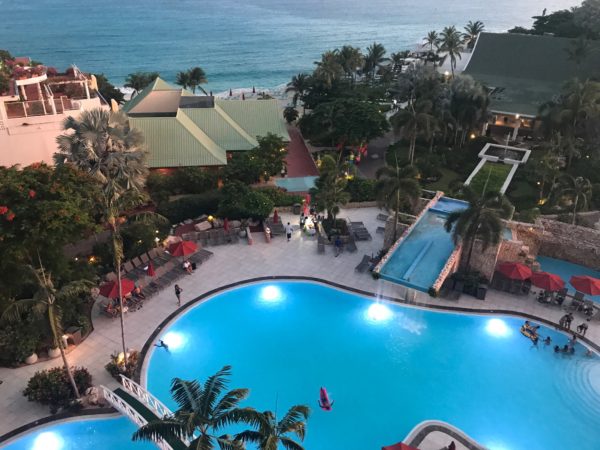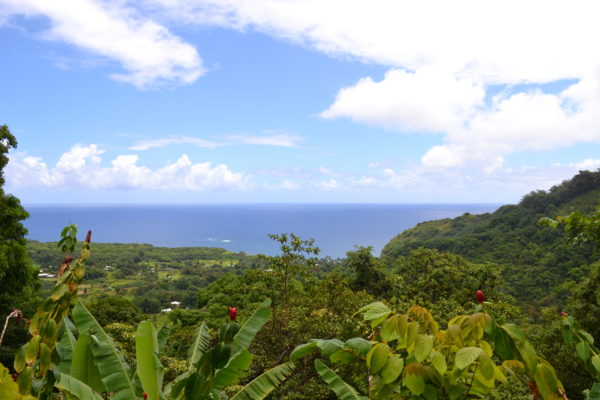The Papiamento Language: everything you need to know before heading to Aruba.
If you visit the ABC islands in the Caribbean, you will encounter a hybrid language called Papiamento. Papiamento is a language spoken only in the Caribbean, and it’s the official language of the ABC Islands. It comes from a smattering of other more prevalent tongues, and yet only around 270,000 people speak Papiamento properly.
Here are a few fascinating facts about the language:
- Papiamento is derived from both Portuguese and African languages, but it has influences from Dutch, English, Spanish, and even Native American languages.
- There are actually two versions of the language: Papiamento, which is spoken on Aruba, and Papiamentu, which is spoken on Bonaire and Curacao.
- It’s not known which language it is derived from. While its roots are Iberian, historians don’t know if it comes from Spanish or Portuguese.
- Its origins are not known, though some people believe that the language was created as a means of communication between Portuguese slave-traders and African slaves.
- The Dutch influence was added to the language in the 17th century when Peter Stuyvesant was appointed to service in New Netherlands and the islands of the Caribbean.
- The language is very similar to Cape Verdan creole, and is believed to have been brought by Portuguese Sephardic Jews from Africa.
- Most Papiamento speakers not only speak their native tongue, but also Dutch, Spanish, and English.

READ MORE: How to Say Whore in Any Language
- It was only made an official language of the world in 2007.
- The language may be native to the Caribbean Islands, but it’s also spoken in the Netherlands. It’s also spoken on other Dutch Caribbean Islands, such as Saba and St. Maarten.
- The Aruban version of the language sounds more like Spanish, while the dialect spoke on Bonaire and Curacao has more of a Portuguese sound.
- Both Spanish from Venezuela and English from the United States heavily affect the language today.
- The language has nine vowels–those from the Ibero-Romance languages and those derived from the Dutch language.
- Just like with Chinese, altering the tone or accentuation of the way a word is spoken affects its meaning. The stress on syllables can also be altered to change the meaning of a word.
- It is in the same language family as the Portuguese spoken in Upper Guinea.
- The spelling of the two dialects of Papiamento is different. Aruban Papiamento uses an etymology-bases spelling, while the Papiamentu spoken in Bonaire and Curacao is based on the phonology.
A fascinating language, Papiamento, and one that comes from all over the world! These are a few little-known facts about the language, one that you will no doubt encounter if you visit the ABC islands on holiday. It’s worth learning a bit about it, as you will be surprised to find that you can understand a bit of what is being said. Thanks to its Iberian origins and the influence English has had on the language, you may be able to speak at least a bit of Papiamento without ever having learned it!








